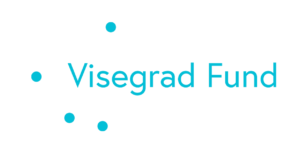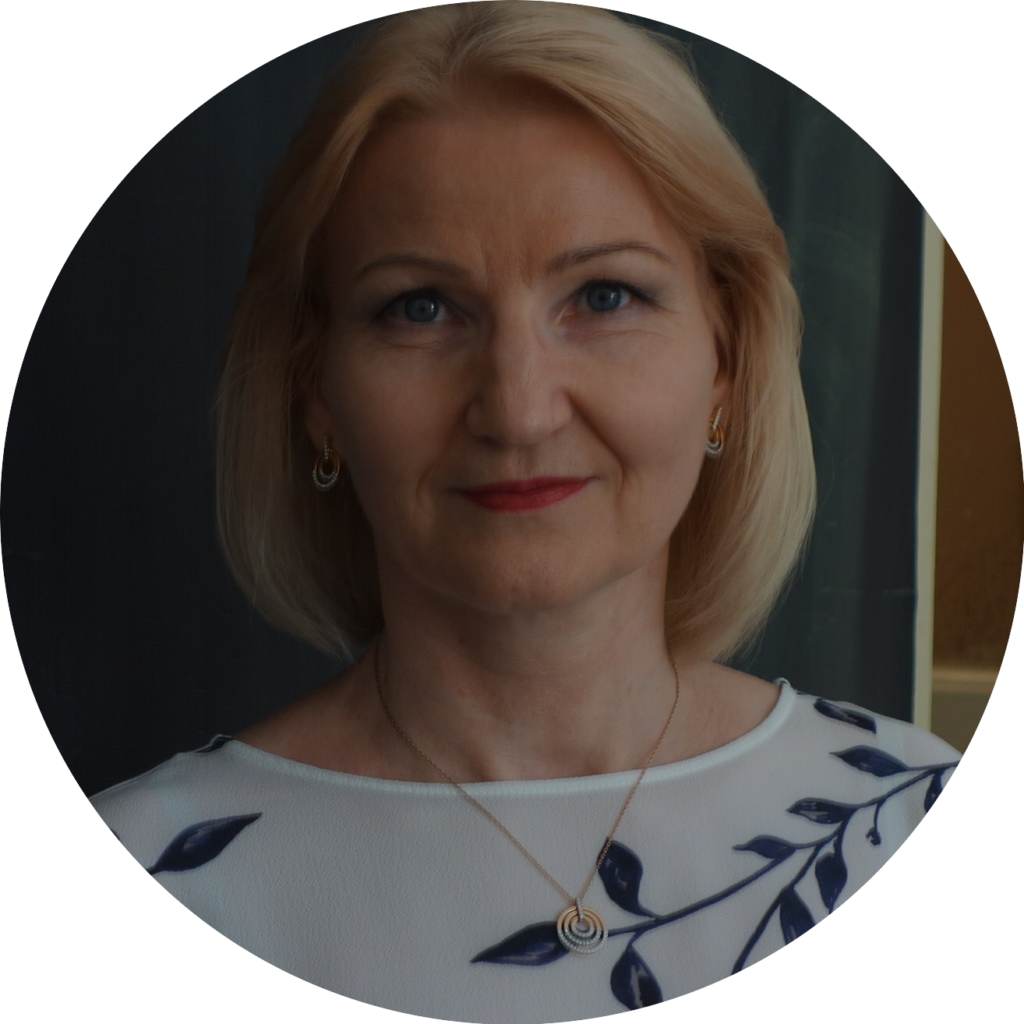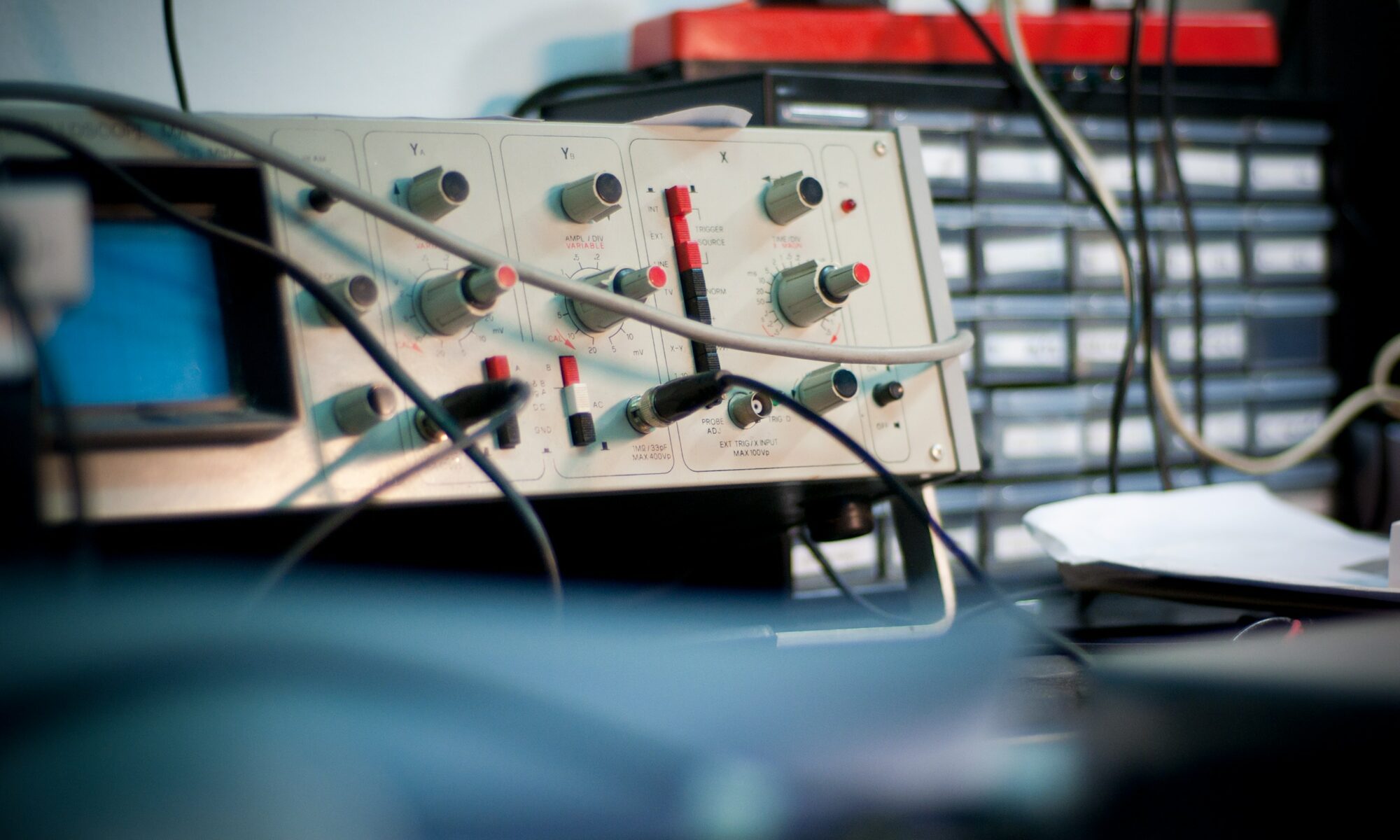Visegrad Fund is an international donor organization, established in 2000 by the governments of the Visegrad Group countries—Czechia, Hungary, Poland and Slovakia to promote regional cooperation in the Visegrad region (V4) as well as between the V4 region and other countries, especially in the Western Balkans and Eastern Partnership regions. The Fund does so by awarding €8 million through grants, scholarships and artist residencies provided annually by equal contributions of all the V4 countries. Other donor countries (Canada, Germany, the Netherlands, South Korea, Sweden, Switzerland, the United States) have provided another €10 million through various grant schemes run by the Fund since 2012. All information about Visegrad Fund can be found on the website.

Department of Physical Chemistry has successfully received a grant
Science in V4 Countries –Development of Novel Sensors for Diagnosis of Diabetes
aimed at developing cooperation between leading scientists from three V4 countries – Hungary, Czech Republic, and Slovak Republic, whose scientific teams are experts in various fields of electrochemistry.
Their experience and high expertise will be used in workshops/conferences in each of the participating countries realization. These activities will lead to the expansion of knowledge in the field of electrochemistry, nanotechnologies, and preparation of an electrochemical sensor modified by nanomaterials for a diabetes diagnosis.
It is known that the trend of students’ interest in studying science has a declining trend worldwide. Therefore, workshops/conferences organized by all partners will be intended also for students of secondary schools who will have the opportunity to spread awareness of the science, especially in nanotechnology and electrochemistry. We believe that this is how we can manage to increase the number of students interested in chemistry and motivate them to further study. Moreover, the participation of project partners in foreign conferences, where the results of their common research will be presented, is also a very important part of this project. These active conference participations will lead to a significant propagation of the V4 countries´ research at the world level.
The obtained scientific results will contribute to the improvement of knowledge in this field and the development of sensors will also lead to the improvement of people’s lives.
The project implementation period will be from 1.10.2020 to 1.4.2022 and all activities will be actualized in calendar bellow.
Heads of scientific teams

Prof. RNDr. Renáta Oriňaková, DrSc.
Pavol Jozef Šafárik
University in Košice
Pavol Jozef Šafárik University in Košice ranks among important and recognized educational and scientific institutions not just in the Slovak Republic but also in advanced Europe. At present, the University consists of the Faculties of Medicine, Science, Law, Public Administration, and the Faculty of Arts.
Prof. RNDr. Renáta Oriňaková, DrSc. is the head of the project and the head of the scientific team of Pavol Jozef Šafárik University in Košice, is the vice-dean for international affairs and research at faculty of Science and head of the Department of Physical Chemistry, Institute of Chemistry, Faculty of Science Pavol Jozef Šafárik University and she is president of scientific group for Physical Chemistry and Electrochemistry of Slovak Chemical Society in Košice.
Other members of the Slovak team
• RNDr. Ivana Šišoláková, PhD.
• RNDr. Jana Shepa
• RNDr. Zuzana Orságová Králová, PhD.
• RNDr. Radka Gorejová

Prof. RNDr. Libuše Trnková, CSc.
masaryk university in brno
Masaryk University is the second largest university in the Czech Republic, a member of the Compostela Group and the Utrecht Network. Founded in 1919 in Brno as the second Czech university, it now consists of nine faculties.
Prof. RNDr. Libuše Trnková, CSc. is the head of the scientific team of Masaryk University in Brno and the head of the Department of Biophysical Chemistry, Institute of Chemistry, Faculty of Science Masaryk University in Brno, and LABIFEL- laboratory of biophysical chemistry and electrochemistry.
Other members of the Czech team
• RNDr. Mgr. Iveta Třísková, PhD.
• Tadeja Janc, PhD.
• Mgr. Zdeněk Farka, PhD.
• Mgr. Karel Lacina, PhD.
• Mgr. Martin Konhefr

Dr. Géza Nagy, CSc.
The University of Pécs
Dr. Géza Nagy, CSc. the head of the scientific team of University of Pécs in Pécs, working at Department of General & PhysicalChemistry. Dr. Nagy is the world known expert in the field of electrochemistry and nanotechnology.
Other members of the Hungarian team
• Dr. Lívia Nagy
• Dr. András Kiss
• Lawrence Kinyua Muthuri
• Zoltam Meiszterics
Konhefr
Event calendar
Upcoming events and conferences
10/12/2020–11/12/2020
1st electrochemistry workshop will be realized as a first meeting of the project partners. The scientific goal and future work of each partner during the project implementation will be discussed. All partners will have lectures and the workshop will be accessible for free for all participants and also for secondary school students.
01/11/2020–31/03/2021
In the first common scientific publication, the theoretical overwiev in the field of electrochemical sensors and diabetes mellitus together with the scientific results obtained during the first period of the project implementation will be summarized.The article will be published in an international journal, which will be available online for a wide range of institutions and scientists.
03/05/2021–04/05/2021
Active participation in the conference aimed of Nanotechnology and Biosensors. The goal of this conference is to bring together researchers and practitioners from academia and industry to focus on understanding modern engineering and applied sciences to construct nanomodified electrochemical sensors.
08/06/2021–10/06/2021
This Workshop will take place as the 21st event, which will focus on closely developing cooperation with Visegrad group countries partners. One section of the conference will be devoted to the presentation and discussion of the research results of young students (Youth section).We also expect great interest from high school students within the Secondary School Professional Activities (SSPA).
16/06/2021–20/06/2021
The Matrafured Meeting is a well established single session conference on chemical sensors that has been taking place every two to three years since 1972. It is a lively, critical meeting point of scientists from all over the world working in the field of chemical sensors. Ample time for discussions and networking is provided
24/06/2021–25/06/2021
Active participation in the conference where the greatest experts in the field of electrochemistry will engage. Participation in this conference will bring new approaches to solving project issues.
08/08/2021–10/08/2021
3rdElectrochemistry workshop will be realized for the project partners. The scientific goal is the further common work of each partner will be discussed with presentations, focused on young scientist and PhD student involvements
06/09/2021–10/09/2021
Active participation in the conference where the latest advances in electrochemistry and nanotechnology will be presented. This conference will be organized by Slovak Chemical Society.
01/04/2021–21/12/2021
In the second common scientific publication the concrete scientific results obtained during the project implementation will be summarized.The article will be published in a high-impacted international journal, which will be available online for a wide range of institutions and scientists.
01/01/2022–01/03/2022 In the third article, the results of the research carried out during the whole period of the project implementation will be published. The article will be published in an internation journal, which will be available online for a wide range of institutions and scientists.
14/03/2022–19/03/2022
Short stays at applicants’ organizations will be last meeting of project where the results of the project will be summarized and further cooperation will be discussed.
